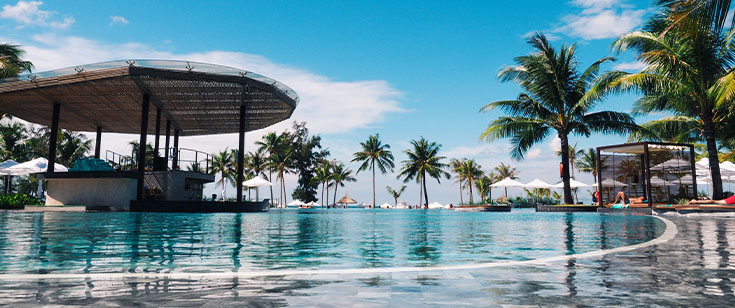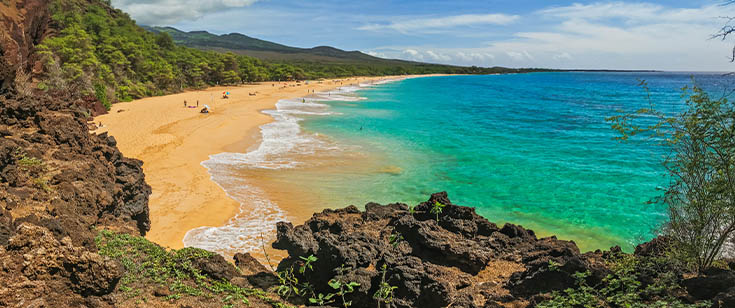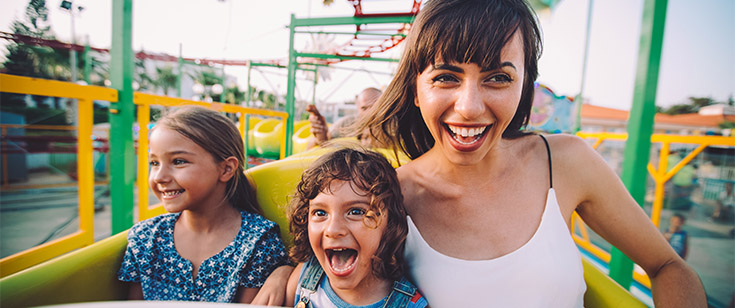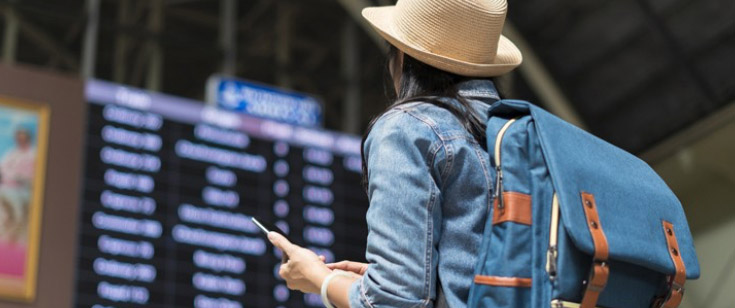Hotels are reopening across the country, deals are plentiful, and your cooped-up clan is clamoring for a change of scene. It’s tempting to pile everyone in the car for a much-needed getaway.
You’re not alone. AAA estimates that travel-starved Americans will take more than 700 million trips this summer, and the vast majority of these are expected to be road trips.
But SARS-CoV-2, the virus responsible for COVID-19, will be traveling, too. With rising health risks come more questions about a hotel’s disinfectants and physical distancing, and fewer queries about spa reservations and snagging a prime pool chair. And cleanliness, once a basic and assumed service, has become as coveted as a concierge-floor upgrade.
“We’re hearing from the hotel industry that there’s a seismic shift in how important cleaning is to travelers right now,” confirms Scott Hammerle, director of the AAA Diamond program. “A lot of people are asking about our Inspector’s Best of Housekeeping badge for properties that consistently receive the highest cleanliness scores.”
For their part, hotels are rolling out deeply sanitized, socially distanced welcome mats, trying to reassure a nation of newly minted germaphobes that it’s safe to stay. Not only that, traditional housekeeping has given way to hospital-grade disinfection and high-tech “clean commitments,” the likes of which this industry has never seen.
“The cleanliness stakes have changed,” observes Frank Lavey, senior vice president of global operations for Hyatt. “Everyone has to elevate their standards.”
At the same time, the guest experience is undergoing a huge change. A hotel getaway now includes face coverings, staying 6 feet away from other humans, and ordering food delivery. That’s not what a vacation is supposed to be about, right?
To help you stay healthy when you travel, we asked several lodging, public health, epidemiology, and legal experts important questions about potential risks and how to minimize them. Here’s what they said.





